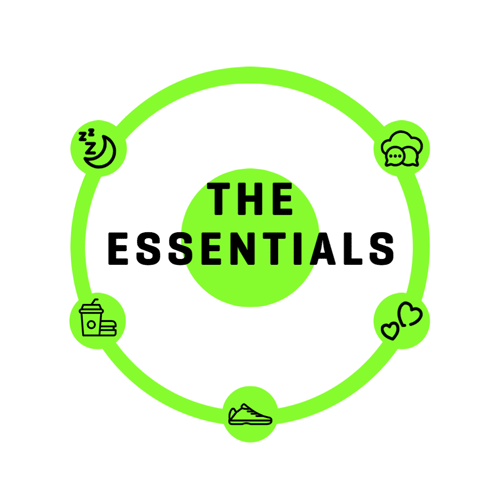Fight Depression On Many Fronts
“HeadsUpGuys gave me more tools to work on depression.” – Age 29, US
“HeadsUpGuys gave me more tools to work on depression.” – Age 29, US
Simply living a healthier lifestyle can make a big impact in fighting depression

Depression affects more than our thoughts and mood – it can also affect our sleep, appetite, physical activity, social life, and much more.
Working on one area (e.g., sleep) can often give us more energy to work on another (e.g., physical activity) – these are the types of positive feedback loops that are essential to forge when tackling depression.
This part of the site focuses on essential coping skills for depression that we can start putting into practice on our own, right now.
We divided this section into five guides that cover essential elements of our health. Each guide contains information on how the topic is related to depression, common issues and stumbling blocks, as well as long-term strategies to build better habits.
We might not associate working on improving our diet or sleep with improving our mood, but they really do feed into each other and each area below offers straightforward tactics to start using in our recovery from depression.
What we eat not only fuels our physical energy, but also our minds. Up to 90% of the body’s serotonin comes from cells in our gut (serotonin is an important neurotransmitter associated with our emotions and targeted by many antidepressants).[1]
Simply eating a healthier diet can provide a boost to our mental health. Conversely, eating a diet heavy in fast-food and commercial baked goods (i.e., foods high in fat, salt, and sugar) can also increase our risk for developing depression and making depression worse.[2]
Remember though, that eating healthy doesn’t mean eating less of everything, as we still need sufficient calories to support our minds and bodies.
Depression disrupts our natural rhythms, including our sleep-wake cycle, so we need to take active steps to mitigate this.
During sleep, our bodies are working to support healthy brain function and maintain our physical health. A meta-analysis of 34 studies involving over 170,000 participants found insomnia to be significantly associated with an increased risk of depression.[3]
This guide goes over common issues guys have with sleep, like not being able to fall asleep, trouble staying asleep, and having a hard time getting up each day.
Working on improving the quality of our sleep won’t just give us more energy the next day, but will also help to improve our mood.
Depression can take away our motivation, energy, and make us feel weaker. Physical activity is also known to have a profound impact on our mental health and well-being.
One study of over 13,000 male participants in Australia found that completing 2.5 hours per week of moderate-to-vigorous activity lowered one’s odds of experiencing mild to severe depression by 40%.[4]
Getting more physical activity can start by going for a short walk or doing chores – anything that gets us moving helps. We can start slow and work our way up. Remember to not compare yourself to others or to how much you used to be able to do. This is like comparing how far you could jog with and without a knee injury (it’s going to take time to recover and that’s okay).
Social connections are the antidote to the loneliness and isolation depression thrives on. This guide explores how to maintain friendships, make new ones, and the role social media plays in our lives.
Researchers have found that people who feel more connected to others have lower rates of depression.[5] Friendships are the goal, but even conversations with co-workers or talking to someone at a grocery store checkout can help us feel connected to others and reduce feelings of loneliness.
Depression messes with our confidence, can cause difficulties around sexual performance, and may lead us to isolate ourselves from our romantic partners. But at the same time intimacy is a universal human need.
Healthy romantic relationships are associated with better mental health.
This guide has tips on staying connected with a current partner, dealing with loss of interest in sex, and starting new relationships.
It may seem simple, but working on the areas above can have a meaningful impact on recovering from depression.
There is a lot of overlap as well, so working on one area will help with others.
Pick one or two areas to start with, and once you have made some progress on those, come back and start working on another. Our Guide to Building Healthy and Sustainable Habits can help you to start implementing these tips in achievable ways and working them into your regular routine.
Depression can zap our energy levels, to the point of not wanting to get out of bed. But not looking after daily responsibilities, like regularly showering or bathing, brushing our teeth, and doing laundry makes it hard to build new habits that will help lift our mood.
Even if it’s the only thing we have the capacity to do, it’s important to try to maintain good personal hygiene habits.
References